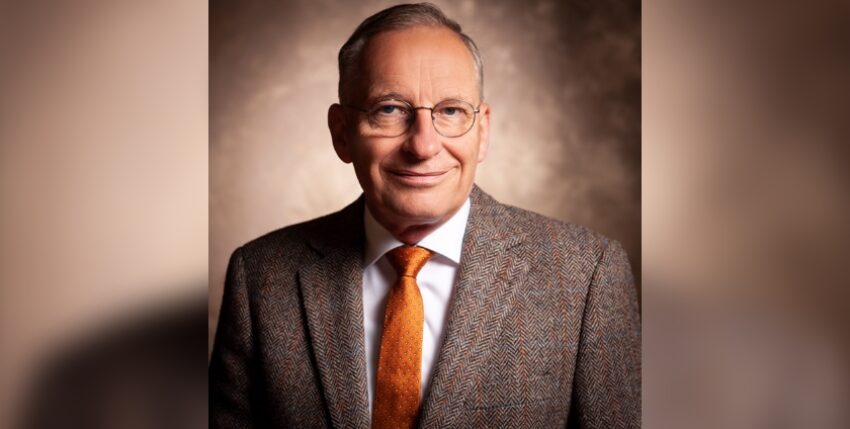The year 2025 has begun and we are eagerly awaiting major changes. In America, Donald Trump will be president for the second time, there will be new elections here and the situation in the Middle East will have to stabilise again after the major upheavals of recent months. All of this is cause for both concern and hope.
An old saying applies here: Every man is the architect of his own fortune. Are we ready to reach for the blacksmith's hammer with strong arms? Do we want to make our own luck, or do we want to do what others tell us to do?
In order to chart our own course, we need to know where we stand. So what is the situation? The European order created by the 1990 Paris Charter is history. There is no sign of a new order.
There is once again a power in Europe that is prepared to use military force to change borders. Europe's great protecting power, the USA, is challenged in other parts of the world and is neither willing nor able to protect us as it used to. The nature of armed conflicts has changed completely. The use of drones and various forms of hybrid warfare such as disinformation or covert attacks on infrastructure are in the headlines every day.
It is obvious that we need a fundamental reform not only of the Bundeswehr, but of our entire security thinking in order to deal with this situation.
Two years after the attacks on the Nord Stream pipelines, it is still unclear who is responsible for guarding our underwater infrastructure. This shows that the old boundaries between internal and external security need to be redefined in the face of today's threats - in accordance with the principles of the rule of law. A huge challenge!
The times when the existential strategic issues of our country were the supreme discipline of politics are long gone. Where are the strategic thinkers of the calibre of Helmut Schmidt or Wolfgang Schäuble?
The same applies to the security policy think tanks and media. We miss the noble feathers with the eloquence of long-time "Zeit" editor Theo Sommer and sharp analysts of the calibre of the first President of the Federal Academy for Security Policy, Admiral Dieter Wellershoff.
The sometimes staggering intellectual level of the security policy debate is more than just a political problem, it is a skills gap in our entire society. Perhaps a commission of enquiry on Germany's security set up by the Bundestag would be a fresh start in strategic thinking - in the land of Clausewitz and Moltke!
The once again proposed National Security Council will certainly not solve the problem. Why do we need a new body when the existing Federal Security Council has all the intended tasks in its rules of procedure? If you don't want to fulfil them, a new name won't help either.
On the other hand, a task force in the Chancellery could be helpful in supporting this body in its work by taking a holistic approach to issues of defence, internal security and the resilience of the economy, transport and critical infrastructure. It should not only recognise risks at an early stage, but also identify new opportunities that arise for Germany. This could give our country back the initiative that we have been lacking for a long time.
And that brings us to the good news: we can if we want to. One of the reasons why we are so convinced of our constitutional, liberal and market-based social order is because we believe it to be the most efficient form of government. We should believe in it much more firmly.
Just as it was possible in the 1980s to show the Soviet Union that it had reached its military limits, the same must be possible with Russia today. What Ukraine can do, we, Germany, the EU and NATO, can do even better. Ukraine is proving that it is possible to successfully defend oneself against aggressive powers such as Russia with determination.
I would like to give us this courage so that we can start 2025 with confidence. To this end, I wish you health, happiness and success in the coming twelve months.
Karsten Schneider










